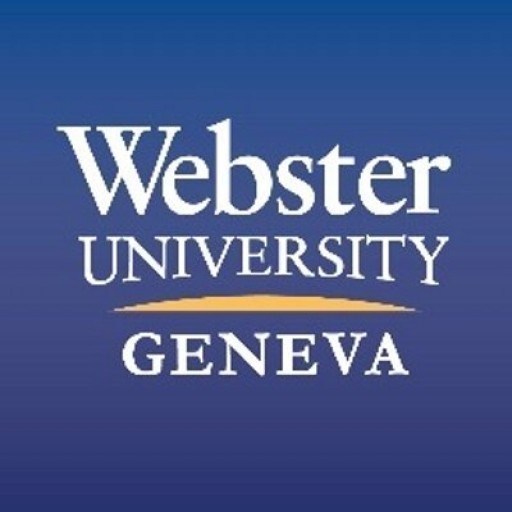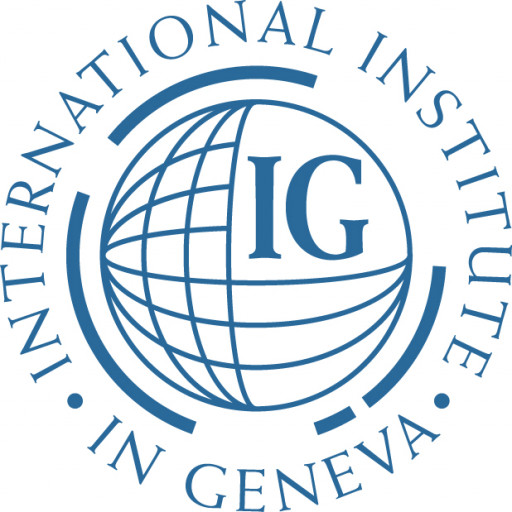Photos of university / #unigeneve
The Bachelor in Journalism and Communication at the University of Geneva offers students a comprehensive and multidisciplinary education designed to prepare them for the dynamic field of media, communication, and information dissemination. The program combines theoretical foundations with practical skills, enabling students to critically analyze media content, understand the societal impact of communication, and develop effective journalistic practices. Throughout the course, students are introduced to the principles of journalism, media law, ethics, and digital communication, fostering an understanding of the evolving landscape of media technologies. The curriculum emphasizes the importance of storytelling, investigative journalism, and multimedia production, equipping graduates with the competencies needed to operate in various media environments, including print, broadcast, and online platforms.
Students benefit from a diverse learning environment that encourages critical thinking, creativity, and ethical considerations in journalism. The program also provides opportunities for internships and real-world projects, allowing students to gain valuable industry experience and establish professional networks. In addition to core courses, students have the freedom to choose electives aligned with their interests, such as public relations, marketing communication, or digital media strategies. The interdisciplinary nature of the program integrates insights from political science, sociology, and cultural studies, fostering a broad understanding of the societal contexts in which media operate.
The Bachelor in Journalism and Communication at the University of Geneva prepares graduates for diverse careers in media organizations, communication agencies, NGOs, and corporate sectors. It also provides a solid foundation for those interested in pursuing postgraduate studies in journalism, media studies, or related fields. With an emphasis on rigorous research, ethical practice, and innovative communication methods, the program aims to produce competent, responsible, and adaptable journalists and communication professionals ready to meet the challenges of the modern information age.
The Bachelor's program in Journalism and Communication at the University of Geneva offers students a comprehensive education in the fundamental principles and practices of journalism, media, and communication. This interdisciplinary program is designed to equip students with the critical skills needed to analyze, produce, and distribute information across various platforms in an increasingly digital and globalized world. Throughout the course, students are introduced to core concepts such as media ethics, journalistic writing, investigative reporting, media law, and communication theories, providing a solid foundation for a future career in media industries.
The program emphasizes both theoretical knowledge and practical skills. Students engage in hands-on training through workshops, internships, and media projects, enabling them to develop proficiency in writing news reports, conducting interviews, and producing multimedia content. Additionally, the curriculum covers emerging fields such as social media management, data journalism, and online communication strategies, reflecting current industry trends and technological advancements.
Students also explore the social, political, and economic impacts of media and communication, fostering a nuanced understanding of their role in society. Courses in intercultural communication, media policy, and global journalism prepare students to operate effectively in diverse cultural contexts and international environments. The program encourages critical thinking, ethical responsibility, and innovative approaches to storytelling, preparing graduates to adapt to the rapidly evolving media landscape.
Moreover, the program benefits from the university’s strong network with media organizations and professional journalists, offering students valuable internship opportunities and exposure to industry standards. Graduates of this program are well-equipped to pursue careers in journalism, public relations, media production, communication consultancy, or further academic research. Overall, the Bachelor’s in Journalism and Communication at the University of Geneva provides a rigorous, interdisciplinary education that prepares students to become thoughtful, ethical media professionals capable of making meaningful contributions in the field of communication.
The Bachelor's degree programme in Journalism and Communication at the University of Geneva requires students to complete a comprehensive curriculum designed to develop their skills in media reporting, analysis, and communication strategies. The programme typically includes core courses in media theory, research methods, and journalistic ethics, alongside practical modules focused on reporting, editing, and multimedia production. Students are expected to engage in hands-on projects such as producing news articles, participating in internships, and contributing to campus media outlets to gain real-world experience. Additionally, the programme emphasizes language proficiency, critical thinking, and understanding of the socio-political contexts of media. Students may also have opportunities to specialize in areas such as digital communication, public relations, or international journalism. The curriculum often requires the completion of a final thesis project that demonstrates mastery of journalistic research and reporting skills. Throughout the programme, students are encouraged to participate in seminars, workshops, and guest lectures with media professionals to enhance their industry knowledge and network. Language of instruction is primarily English and/or French, preparing students for diverse communication environments. Admission prerequisites generally include a secondary school diploma with strong academic records, proficiency in relevant languages, and a motivation letter. Successful completion of the programme equips graduates with the analytical, technical, and ethical competencies needed for careers in media, communication agencies, public relations firms, or further postgraduate studies. The programme may also include modules on new media technologies, data journalism, and media law, reflecting the current trends in the journalism industry. The University of Geneva maintains high academic standards and offers support services such as academic advising, writing centers, and career counseling to ensure students' success throughout their studies.
The University of Geneva offers various financing options for students enrolled in the Journalism and Communication program. Tuition fees are generally subsidized by the Swiss government, making higher education accessible to a broad range of students. For international students, tuition fees are slightly higher but remain competitive within the Swiss higher education system. The university provides detailed information on the annual tuition costs, which typically range from approximately CHF 1,000 to CHF 2,000 per year, depending on the student’s nationality and residency status.
In addition to tuition fees, students must budget for living expenses in Geneva, which include accommodation, food, transportation, study materials, and personal expenses. The cost of living in Geneva is among the highest in Switzerland, and students are advised to plan accordingly. The university recommends that international students have a financial plan covering at least CHF 20,000 to CHF 25,000 per year for living costs, although this amount can vary depending on individual circumstances.
The University of Geneva offers a range of scholarships and grants aimed at supporting students financially. These include merit-based scholarships awarded to high-achieving students and need-based grants designed to assist students with limited financial resources. Many of these scholarships are competitive and require an application process separate from the programme admission procedure.
Students may also seek financial support from external organizations, including Swiss governmental grants, private foundations, and international scholarship programs. The university’s financial aid office provides guidance and resources to help applicants identify suitable funding opportunities. Furthermore, students are encouraged to explore part-time employment options within or around the university campus, which can help offset living expenses while gaining professional experience relevant to their field of study.
Loan options are available through Swiss banks and financial institutions for students who require additional funding. The university collaborates with some of these institutions to provide tailored financial solutions for students pursuing the Journalism and Communication program. Applicants are advised to carefully review loan terms and repayment conditions before committing to any financial agreement.
In summary, financing studies at the University of Geneva involves understanding tuition fee obligations, managing high living costs in Geneva, and exploring various financial aid options. The university’s comprehensive support system aims to make education accessible and affordable, enabling students to focus on their academic and professional development in the dynamic fields of journalism and communication.
The Bachelor of Arts in Journalism and Communication at the University of Geneva is designed to provide students with a comprehensive understanding of the principles and practices of journalism, media, and communication. The program aims to develop critical thinking, analytical skills, and practical competencies necessary for effective communication in various media contexts. Students explore topics such as media history, journalism ethics, media law, digital communication, and multimedia production. The curriculum integrates theoretical knowledge with hands-on experience, often including internships and project work to prepare students for careers in journalism, public relations, media management, and related fields. The program emphasizes the importance of responsible reporting, media literacy, and the role of communication in society. Students have opportunities to specialize in specific areas such as political communication, broadcast journalism, or new media. The university offers a multicultural environment, encouraging diverse perspectives and international exchanges. Graduates from the program are equipped to pursue professional roles across traditional and digital media platforms, or to undertake advanced studies in communication disciplines. The program is delivered by faculty experts with extensive professional and academic backgrounds, ensuring current and relevant education aligned with industry standards.







